Fears Grow As Pandemic Reaches Rohingya Camps
Emergency teams raced Friday to prevent a coronavirus "nightmare" in the world's largest refugee settlement after the first reported cases in the giant shanties housing nearly one million Rohingya.
Health officials said three of the Muslim outcasts living in the 34 camps along the Bangladesh-Myanmar border have tested positive.
Special teams fanned out across the teeming camps trying to find anyone who had been in contact with the two men and a woman.
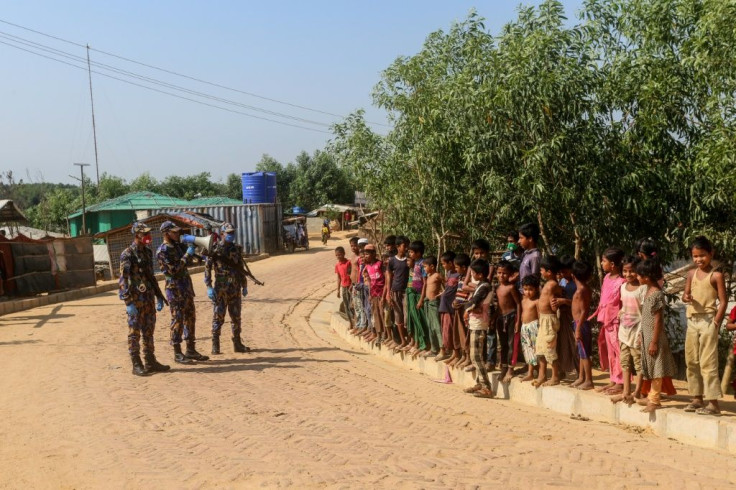
A 35-year-old man living in Kutupalong, the largest of the Rohingya camps, was the first to test positive. The man allegedly tried to flee but was found by police after a four-hour hunt.
A 42-year-old woman and a 30-year-old man were the other positive cases. It was not immediately known if they were linked.
Community leader Abdur Rahim told AFP there were fears that the man who fled could have spread the virus.
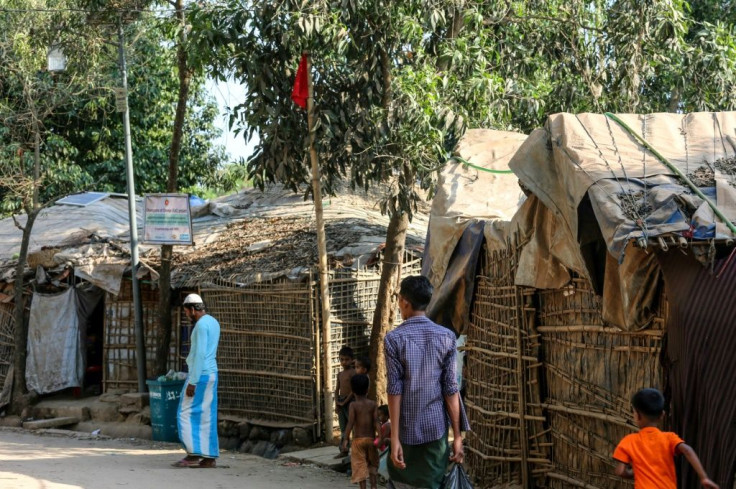
"We are worried," he said.
The man is believed to have been infected in a hospital in a nearby town where he took a brother for treatment, Rahim said.
Investigation teams formed by aid agencies tried to quickly track the contacts the infected people had in the teeming camps.
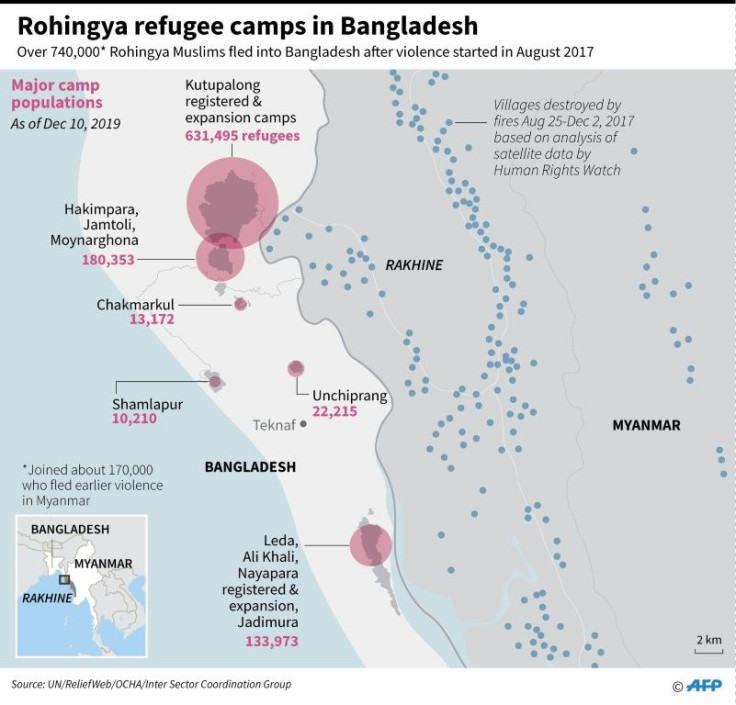
More than 700,000 people fled across the border after a 2017 Myanmar military crackdown on the Rohingya, who are now stuck in the camps, where there is barely room to move and sewage flows uncontrolled in the narrow alleys.
There are widespread fears the pandemic could spread like wildfire in the camps.
Cox's Bazar district health chef Mahbubur Rahman said an entire block in one camp, housing around 5,000 people, was shut off, and that all people linked to the three would be taken to isolation centres.
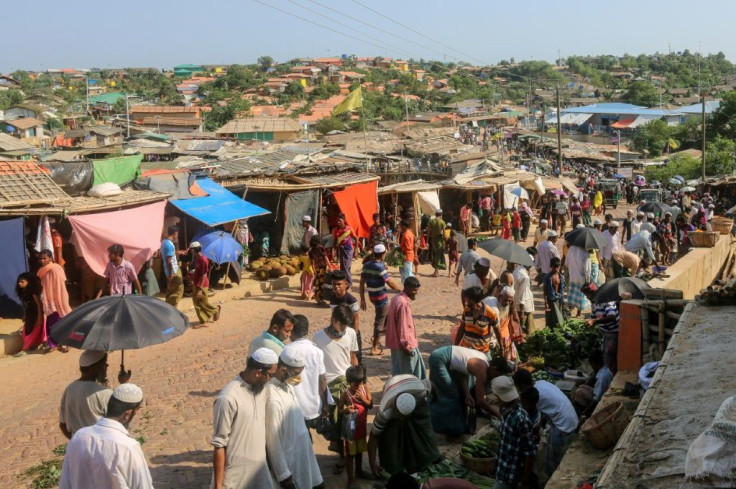
An AFP correspondent who went into the camps Friday saw red flags set up in a zone around the infected man's hut, but hundreds of people walked by apparently unaware of the emergency.
Police used loud hailers to urge residents to follow social distancing rules, but the calls went unheeded.
A World Health Organisation spokesperson, Catalin Bercaru, said that since February, aid agencies have been stepping up preparations to isolate and treat eventual cases.
The UN refugee agency said 12 respiratory infection treatment centres were being established and up to 1,900 intensive care beds, five quarantine centres, and 20 isolation facilities were planned.
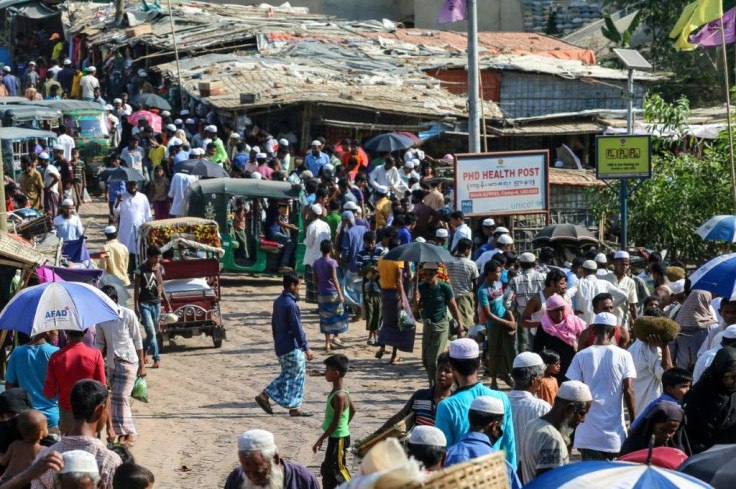
Bangladesh authorities ordered a strict lockdown in early April in Cox's Bazar district, which has 3.4 million people including the refugees -- after a number of COVID-19 cases were found.
Traffic in and out of the camps was virtually halted and even the number of aid workers allowed in was slashed.
The country of 168 million people has seen a rapid rise to more than 20,000 cases and almost 300 deaths as of Friday.
Sam Brownback, the US administration's ambassador for religious freedom who has visited the refugees, said it was inevitable the virus would reach the "incredibly crowded" camps and spread "very rapidly".
Daniel Sullivan from Refugees International called it the "realisation of a nightmare scenario".
Shamim Jahan at Save the Children said there was the "very real prospect that thousands of people may die" because of the lack of medical facilities.
After the cases were detected, thousands of people roamed in the camps' main food markets, mostly without masks or any pretense at maintaining social distancing.
"Ten percent listen but the rest don't care what we say about the virus crisis. They don't understand how badly it will affect us," said a community leader, Safih Ullah.
Bangladesh has been criticised for cutting the internet in the camps, which has restricted access to reliable information and fuelled the spread of false rumours.
"I have been calling on the Bangladeshi government to give internet access. It just seems to me ludicrous that they're not," Brownback told reporters in Washington.
With little prospect of being able to return to Myanmar -- where army operations persist in their home state of Rakhine -- many refugees have in desperation tried to escape the camps by sea.
Last month, about 60 starved to death in a fishing trawler stranded at sea for two months after being denied entry by Malaysia and Thailand.
© Copyright AFP 2024. All rights reserved.







